engels
M odul 1 og 2 FOV • engelsk for voksne minoritetsspråklige

Bjørn H. Handeland
Irene Slethei

M odul 1 og 2 FOV • engelsk for voksne minoritetsspråklige

Bjørn H. Handeland
Irene Slethei
Modul 1 og 2 FOV • engelsk for voksne minoritetsspråklige
1
Maria 8
Countries and nationalities 10
Joe, the journalist 12
Question words 13
Personal pronouns 14
Feelings – how are you? 18
Meet the Robinson family 21
The teacher 26
Days of the week 28
Time 30
School words 32
Vladimir's class 36
The Robinson family 39
What do you do in the morning? 44
What do you do in the afternoon? 45
Sometimes, always, never 48
My week 50
Verbs in this chapter 52
The Robinson family 53
4
This is my family 60
Jenna tells us about her family 62
Hobbies 64
Zoe’s hobbies 65
The Robinson family 67
At the restaurant 72
The cook 76
At the supermarket 79
The body 80
The face 80
The doctor 81
The five senses 84
The Robinson family 85
All year round 88
How is the weather? 88
The farmer 89
Clothes and colours 92
The shop assistant 96
In the clothes shop 96
The Robinson family 101
Test yourself 103
My home 108
Looking for a home 112
In the furniture shop 116
The Robinson family 122
8
Tony and Olha 128
My story 129
Last summer 130
The Robinson family 138
9
How are you getting home? 142
Where are you going? 144
Asking for directions 148
Could you repeat that, please? 149
At the bus stop 150
Travel plans 152
Could you explain, please? 153
Asking about plans 154
Travel plans 155
My travel plan 156
The Robinson family 158
10 Celebrations
The baker 162
An invitation 166
It's my birthday 168
Holidays 172
Would you like to come? 174
The Robinson family 176
I'm in a hurry! 180
Language café 181
At the language café 182
Practising together 184
Why is food important to you? 186
What do you think? 189
Last weekend 192
My opinion 194
The Robinson family 196
Why is English spoken "everywhere"? 200
Nigeria 200
India 201
Kenya 202
The United States 203
The United Kingdom 204
I'm British 205
Canada 208
Language portrait 210
English is my second language 212
Oral presentation: Present a country 214
The Robinson family 215
Test yourself 217
Language work 222
Vocabulary 228
a / æ / a pple
a / / a rm
t / t / t op
p / p / p ot
i / / i nsect
n / n / n ose
m / m / m ouse
d / d / d og
g / g / g oat
o / / o range
c / k / c at
k / k / k ite
e / e / e lephant
u / / u mbrella
r / r / r ain
h / h / h at
b / b / b all
f / f / f ish
l / l / l ion
j / / j acket
v / v / v iolin
w / w / w atch
x / ks / bo x
y / j / y ear
z / z / z ebra
qu / kw / qu een
ch / / ch air
sh / / sh oes
th / / th umb
th / ð / mo th er
ng /ŋ/ ri ng
ai / / r ai n
ee / / b ee
oa / / g oa t
oo / / m oo n
oo / / b oo k
ar / / c ar
or / / f or k
ow / / c ow
oi / / c oi n
er / / hamm er
igh / / n igh t


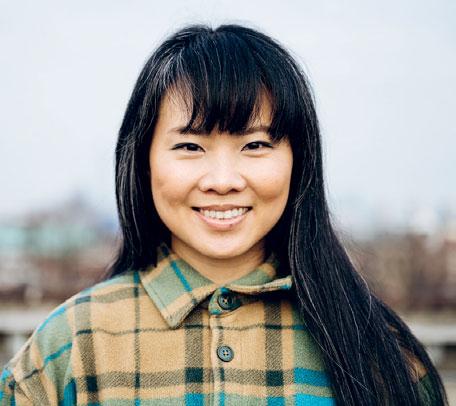

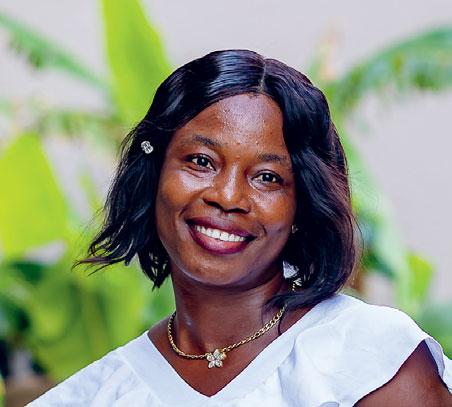




What is your name?
How old are you? My name is Maria. I am 45 years old.
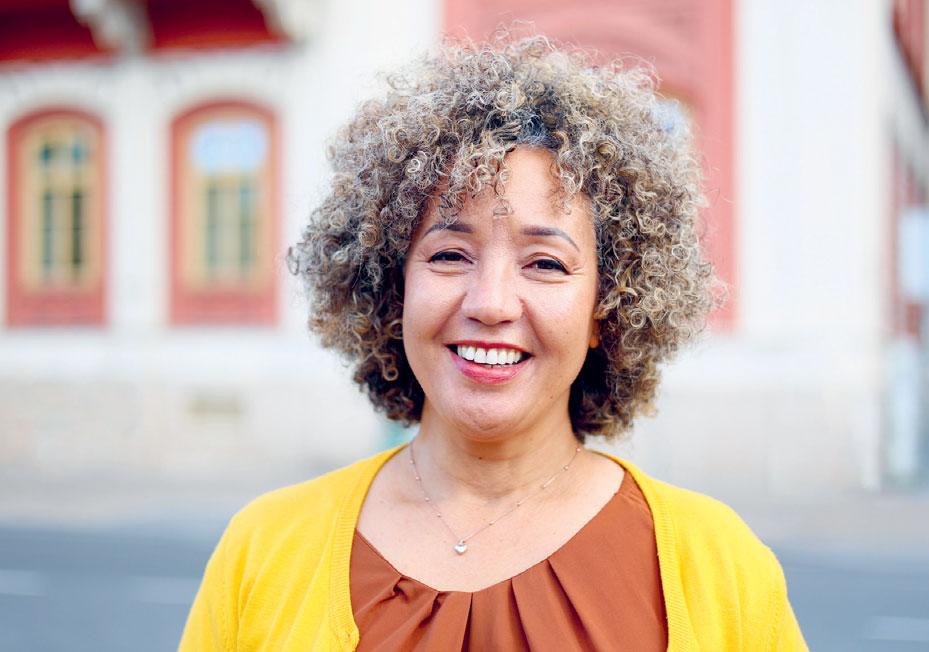
1.1 Fill in the form about Maria.
Name Lives in (city)
Country Age Nationality
Language
1.2 Fill in the form about yourself.
Name Live in (city)
Country Age Nationality
Language
Hello!
My name is Maria. I am 45 years old. I live in London. I come from Brazil. I am Brazilian. I work and go to school. Who are you?
1.3 Present yourself to your class.
Hi! My name is ... I live in ...
I am ... years old. I come from ...
1.4 Write about yourself.
My name is ___________________________
I am ___________________________ years old.
I live in ___________________________
I come from ___________________________
I am ___________________________
I ___________________________ (go to school / work)
1.5 Talk to a friend. – Good morning, Maria. – Hello, Joe. – Nice to meet you. – See you later.
GREETINGS Hello! Hi! Good morning! Nice to meet you!
GOODBYES Goodbye! Bye! See you later!

I come from Norway. I am Norwegian.
I come from Brazil. I am Brazilian.
I come from Ghana. I am Ghanaian.
I come from Syria. I am Syrian.
I come from Afghanistan. I am Afghan.
I come from Eritrea. I am Eritrean.
I come from Poland. I am Polish.
I come from Turkey. I am Turkish.
I come from Great Britain. I am British.
I come from China. I am Chinese.
I come from Japan. I am Japanese.
I come from Somalia. I am Somali.
1.6 Draw your flag. Write country and nationality. Where do you come from? I come from Norway. I am Norwegian.

1.7 Choose true or false.
Joe is 35 years old.
Joe lives in California.
Joe is Norwegian.
Joe is a teacher.
Joe works.
Joe comes from China.
1.8 Interview a classmate.
What is your name? _______
My name is
How old are you? ____________
Where do you live? _____________
Where do you come from? ____________________
What is your nationality? __________________
What do you do? _____________________
Hello!
My name is Joe. I am 34 years old. I live in California. I come from China. I am Chinese. I work. I am a journalist. I ask questions. Who are you?
1.9 Circle the correct word.
Who / What is your nationality?
Where / What is your name?
What / Where do you do?
How / What old are you?
1.10 Fill in the correct question word.
_____________ is your nationality?
_____________ do you come from?
_____________ do you live?
_____________ is your name?
_____________ old are you?
_____________ do you come from?
1.11 Find the words.
Where / How do you come from?
Who / What are you?
Who / Where do you live?



Personal pronouns I work. You work.
Joe works. The man works. He works.
Maria works. The woman works. She works.
Joe and I work. Maria and I work. We work.
Maria and you work. Joe and you work. You work.
Maria and Joe work. He and she work. They work.
1.12 Fill in the pronoun.
The man goes to school. __________ goes to school.
The woman goes to school. __________ goes to school.
The boy goes to school. __________ goes to school.
The girl goes to school. __________ goes to school.
Joe and I go to school. __________ go to school.
Joe and you go to school. __________ go to school
Joe and Maria go to school. __________ go to school.
Joe goes to school. __________ goes to school.
Maria goes to school. __________ goes to school.
Maria and I go to school. __________ go to school.
Maria and you go to school. __________ go to school.
The man and the woman go to school. __________ go to school.
The boy and the girl go to school. __________ go to school.
The man and I go to school. __________ go to school.
The woman and I go to school. __________ go to school.
The man and you go to school. __________ go to school.
The woman and you go to school. __________ go to school. He
1.13 Fill in the correct pronoun.
(Jack and I) ___________ are 19 years old.
(You and Jakub) ___________ come from Poland.
(Amina and Maria) ___________ live in Scotland.
(Maria) ___________ lives in London.
(Hamza) ___________ lives in Denmark.
(Hamza) ___________ is 24 years old.
(Layla) ___________ comes from Afghanistan.
(Dilek and I) ___________ study English.
(Dilek and you) ___________ study English.
(The boy and the girl) ___________ live in Norway. We
1.14 Fill in the correct pronoun.
_______ come from Syria.
_______ come from Poland.
_______ come from Afghanistan.
_______ come from Brazil.
_______ come from Japan.
_______ comes from England.
_______ comes from Norway.
The person changes the verb.
I live in Norway. He lives in Norway. She lives in Norway.
I come from Norway. He comes from Norway. She comes from Norway.
These two are different. Why?
1.15 Fill in the missing words.
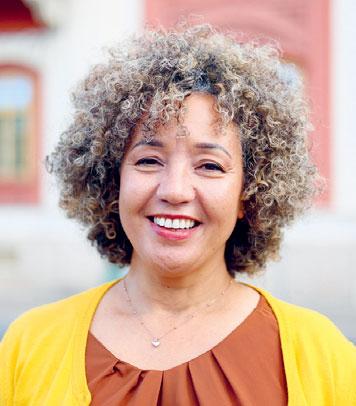



My name is Maria. I come from Brazil. I am Brazilian. I work.
My name is Jakub. I come from Poland. I am Polish. I work.
Her name is Maria. _____ comes from _______________ _____ is _______________________ _____ works.
His name is Jakub. _____ comes from _______________ _____ is _______________________ _____ works.
My name is Jack. I come from Great Britain. I am British. I study.
His name is Jack. _____ comes from _______________ _____ is _______________________
_____ studies.
My name is Amina. I come from Ghana. I am Ghanaian. I study.
Her name is Amina.
_____ comes from _______________ _____ is _______________________
_____ studies.




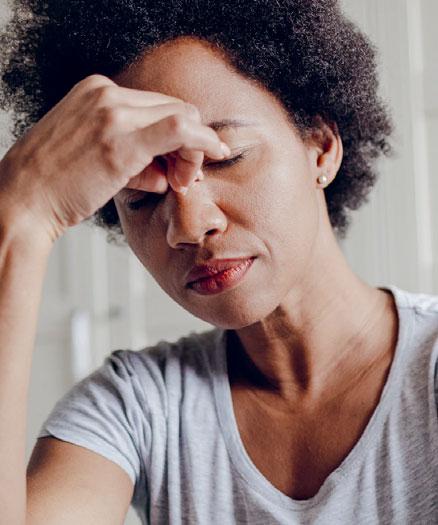

I am nervous. I am tired. I am fine. How are you? I am happy.
1.16 Ask and answer. fine
1.17 How are you? Write the words.
1.18 Fill in the missing words.
How is Maria? She is ____________________.
How is Tony? He is ____________________.
How are Joe and Maria? They are ____________________.
How am I? You are ____________________.
How are you and Maria? We are ____________________.
How is Joe? ______________________________________.
1.19 Circle the correct word.


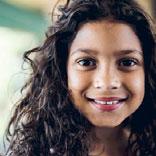
He / She is happy.
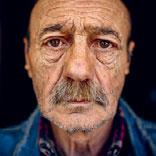
He / She is tired.

He / She is fine.

He is happy / sad
She is fine / angry.
He is tired / nervous.
1.20 Match picture and word.


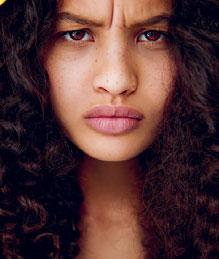



sad happy tired fine nervous angry
I am happy. You are happy. He is happy. She is happy. It is happy. We are happy. You are happy. They are happy.
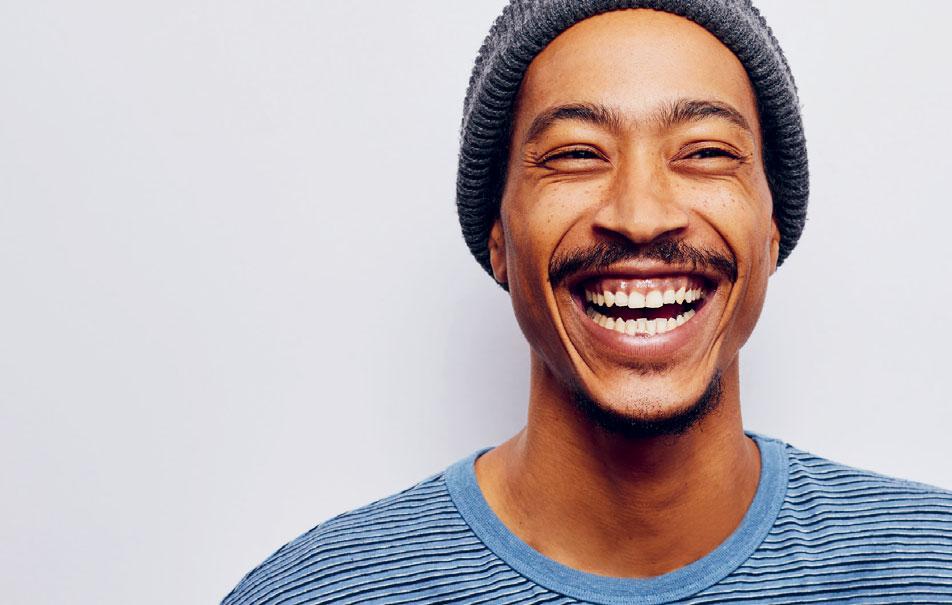
1.21 Choose the correct word.
He is / am / are happy.
We is / am / are nervous.
They is / am / are sad.
She is / am / are 17 years old.
I is / am / are 20 years old.
You is / am / are Chinese.
She is / am / are Norwegian.
1.22 Make sentences.
What do am, is, are mean?
I You He She It We You They am is are English Norwegian Brazilian 30 years old 40 years old sad angry fine tired
You are 40 years old.
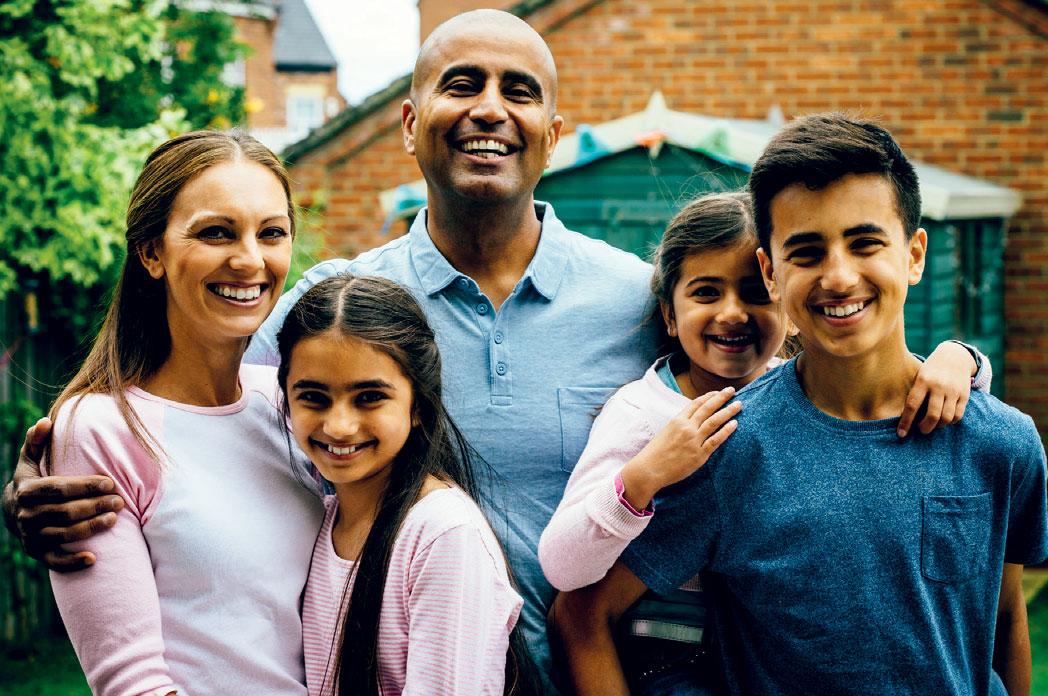
1.23 Listen to the text. Choose the correct answer.
Jane
How old is Jane?
Josh
Jane
Joe
journalist
Japan
How is she?
37 35 32 She is happy. She is sad. She is nervous.
Arun
How old is Arun? How is he?
9 37 32 He is happy. He is tired. He is sad.
Josh
How old is Josh? How is he?
9 14 4 He is happy. He is sad. He is nervous.
Emma
How old is Emma?
How is she?
9 14 4 She is angry. She is sad. She is fine.
Susan
How old is Susan?
9 14 4 She is sad. She is fine. She is happy. Practise the sound j / / Jack
How is she?
1.24 Write words from this chapter.
EnglishNorwegianMy language happy
1.25 Write about yourself.
Summing up! My name is I am I live in I come from
1.26 Fill in the checklist.
I can ...YesI need more practice say my name and age. say where I come from. ask people about themselves. talk about feelings.
How do you use personal pronouns in your language?
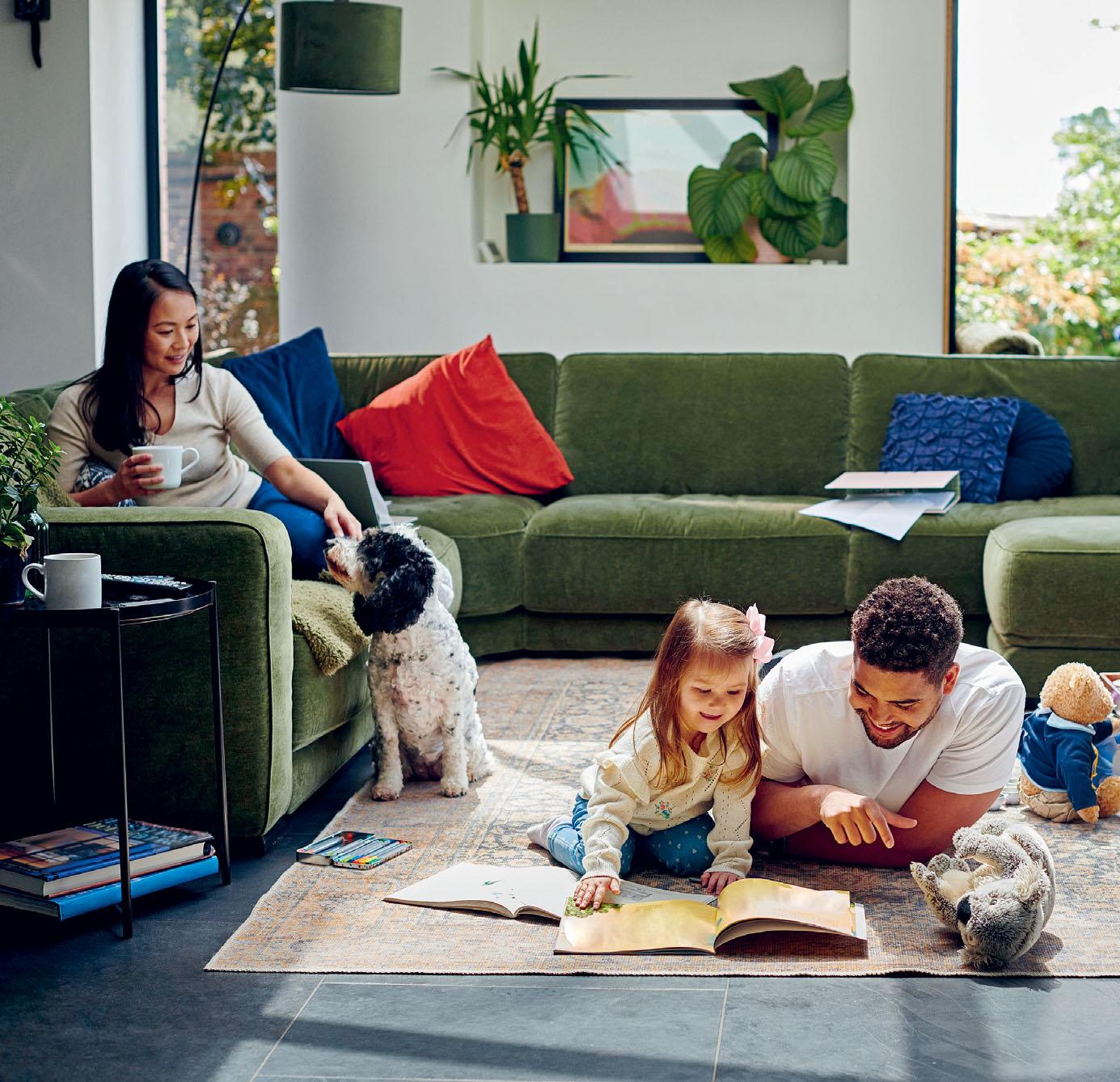
What do you see in the picture? In the picture I see ...
In my house, there is a kitchen. In my house, there are two bedrooms.
Bedroom
I have a big bedroom in my house. My bedroom is dark blue. There is a bed in my bedroom. There are six pictures above my bed. There is a bedside table, a lamp and a wardrobe in my bedroom. I sleep in my bedroom. I get dressed in my bedroom. Sometimes I read in my bedroom.
Kitchen
I have a nice kitchen in my house. My kitchen is torquise. There is an oven, a sink and a fridge in my kitchen. There are four chairs and a table in my kitchen. I make food and eat in my kitchen. I wash the dishes in my kitchen.
washbasin
toilet shelf
Bathroom
I have a clean bathroom in my house.
My bathroom is green.
There is a shower, a washbasin, a toilet and a shelf in my bathroom.
There are many towels on my shelf.
There is also a washing machine in my bathroom. I shower and wash my hands in my bathroom. I do laundry in my bathroom.
washing machine shower towel sofa table tv bookshelf
Living room
I have a beautiful living room in my house. My living room is blue.
There is a sofa in my living room.
There is a table, a tv and a bookshelf in my living room.
There are many books on my bookshelf.
I watch tv and relax in my living room.
Sometimes I play with my children in my living room.
7.1 Write about your home.
Describe the rooms in your home. What colours are they? What do you have in them? What do you do there?
sofa, chair, bed, bookshelf, table, washing machine, sink, toilet, shower, oven, fridge, dish washer, washbasin
There is, there are One thing: There is a chair in the bedroom.
More than one thing: There are many chairs in the kitchen.
7.2 Fill in is or are.
Emma: Hi, Sara! Tell me about your home.
Remember to use the correct form of to be. is
Sara: There ______ a kitchen. There ______ a living room. There ______ a bathroom and there ______ three bedrooms.
Emma: That sounds nice! What do you have in your kitchen?
Sara: My kitchen is yellow. There ______ an oven. There ______ a big table and there ______ four chairs. I love making food and eating with my family!
Emma: What about your living room?
Sara: My living room is beautiful. There ______ two chairs and there ______ a sofa in my living room. We watch TV there and play with the children.
Emma: That sounds like a lovely home! How is your bathroom?
Sara: Thank you, my bathroom is blue. There ______ a big shower in the bathroom. There ______ a washing machine.
Emma: Why do you have three bedrooms?
Sara: There ______ two bedrooms for the family and there ______ one guest room. You can come and visit!
7.3 Read the dialogue with a classmate. Did you both fill in the same verb forms?
Chris looks for a new home on the internet. His friend Ahmed helps him.
Ahmed: Do you want a house or a flat?
Chris: I want a small flat. I need two bedrooms.

Ahmed: Look at this flat! It has two big bedrooms, a large living room and a new kitchen.
Chris: It looks nice, but it’s very expensive.
Ahmed: The next flat is cheap. It has one big bedroom and one small bedroom. The kitchen looks ugly. It’s very old.
Chris: Look at this one. It has two bedrooms, a nice living room and a small kitchen. I like it and it’s cheap.
Ahmed: It’s far from the city but close to your job. It’s perfect! Send them a message! truefalse
Ahmed wants to buy a house.
Chris needs three bedrooms.
The first flat is expensive.
The next flat is perfect.
Chris likes the flat with an old kitchen.
The perfect flat is close to work.
7.5 Answer the questions with Yes, he does or No, he doesn’t.
Does Chris want a flat? __________________________________
7.4 Choose true or false. Yes, he does.
Does Chris want three bedrooms? __________________________________
Does Chris want a cheap flat? __________________________________
Does Chris want an expensive flat? __________________________________
Does Chris like the old kitchen? __________________________________
Language work Opposites
new – old big – small nice – ugly expensive – cheap hard – soft light – dark clean – dirty tall – short old – young warm – cold black – white happy – sad

7.6 Use the adjectives in sentences.
I have a new book.
He is an old man. You have an old book. He is a young man.
7.7 Fill in the opposite adjective.
This is a clean room. This is a _________ room.
This is a new flat. This is an _________ flat.
This is a hard bed. This is a _________ bed.
This is a big dog. This is a _________ dog.
This is a tall man. This is a _________ man. dirty

A big house – an expensive chair
How do you say this in your language?
7.9
7.11 Write the opposite.
I have a big kitchen. He has __________________________________.
a small kitchen
I have an old house. You have __________________________________.
We have a soft bed. She has __________________________________.
My child has a dirty bedroom. I have __________________________________.
My friends have a nice living room. We have __________________________________.
He has a cheap sofa. They have __________________________________.
7.12 What do you see in the picture? Write sentences.
I see a living room. I see a sofa in the living room.
7.13 Talk to a classmate about the rooms in the picture.
My name is Alexander. I work in a furniture shop. I sell furniture, for example chairs, tables, sofas, and shelves.
Look at the sofas. The white sofa is big. The brown sofa is bigger than the white sofa. The black sofa is the biggest.
We have many tables. The kitchen table is small. The coffee table is smaller than the kitchen table. The bedside table is the smallest.
Do you want a new lamp? The blue lamp is cheap. The red lamp is cheaper than the blue lamp. The green lamp is the cheapest.
We also have shelves. The bathroom shelf is expensive. The kitchen shelf is more expensive than the bathroom shelf. The bookshelf is the most expensive

We compare adjectives in two ways
Short adjectives
small – smaller – smallest cheap – cheaper – cheapest new – newer – newest old – older – oldest nice – nicer – nicest big – bigger – biggest ugly – uglier – ugliest dirty – dirtier – dirtiest
Long adjectives expensive – more expensive – most expensive perfect – more perfect – most perfect
7.14 Fill in the missing forms.
more expensive perfect beautiful
7.15 Work in groups of three. Compare your classmates. Who is shorter? Who is taller? Who is the tallest? Who is younger? Who is older? Who is the oldest? I am taller than you. You are the youngest.
7.16 Write the correct form of the adjective.

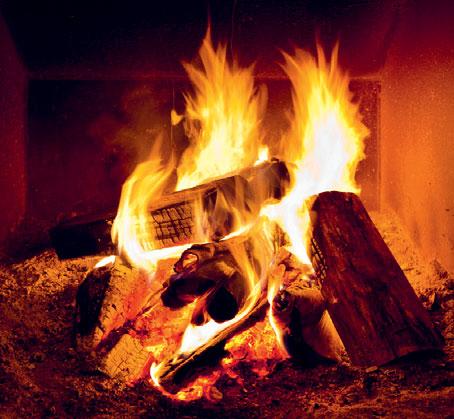


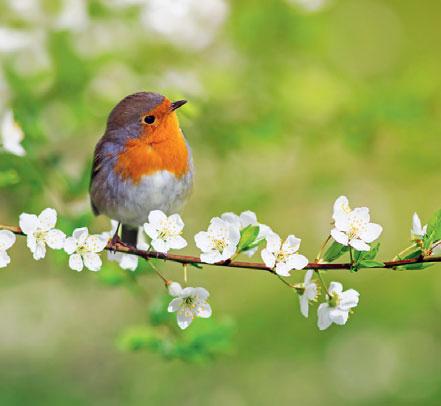

























































































































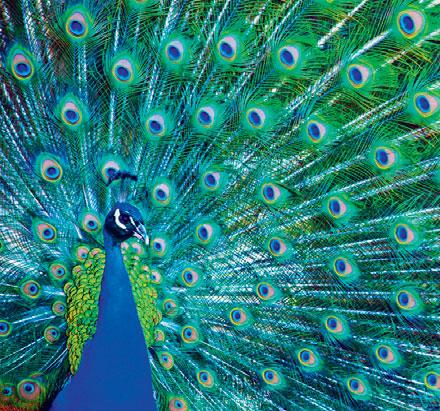
7.17 Write sentences.
7.18 Find the words.
Prepositions of place tell us where something is. The ball is in the box. The ball is on the box.
7.19 Look at the picture. Circle the correct word.
The bed is in / on / at the bedroom.
The sofa is under / behind / next to the lamp.
The clock is above / on / in the wall.
The shelf is on / between / above the TV.
The bedroom is above / below / in the kitchen.
The TV is next to / on / between the two lamps.
The kitchen sink is in front of / behind / above the table.
The bathroom is above / under / next to the bedroom.
The bath is behind / in front of / below the shelf.
The lamp is on / under / next to the bedside table.
in on under in front of above below next to behind between



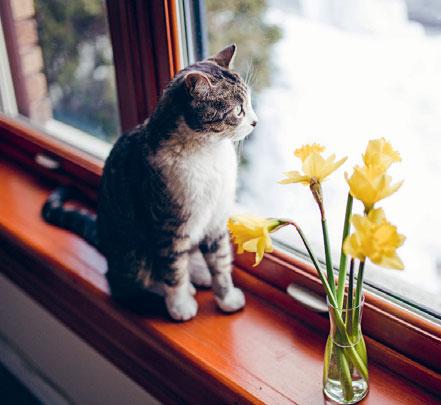
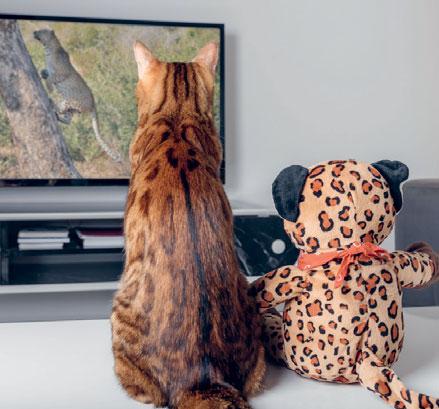
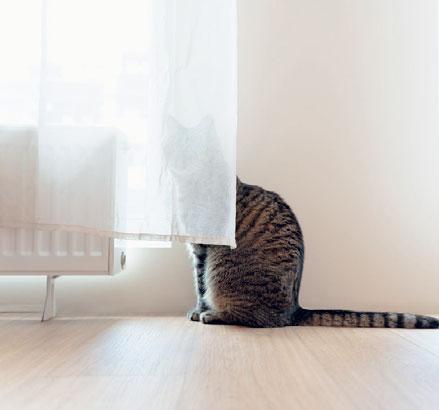
1 The cat is _____________________ the table.
2 The cat is _____________________ the chair.
3 The cat is _____________________ the washbasin.
4 The cat is _____________________ the flowers.
5 The cat is _____________________ the TV.
6 The cat is _____________________ the curtain.
7.21 Use a pencil or a book. Move it around the classroom. Ask and answer.
7.22 Listen to "My favourite room".
Fill in the missing words.
Arun
Favourite room: __________________________
Three things in his favourite room:
Jane
Favourite room: __________________________
Three things in her favourite room:
Susan
Favourite room: __________________________
Three things in her favourite room:
Emma
Favourite room: __________________________
Three things in her favourite room:
Practise the sound
7.23 Talk to a classmate. What have you learned in this chapter?
7.24 Write some adjectives you remember.
7.25 Write about your favourite room in your house. What does it look like? What things do you have there? What do you do there?
Summing up!
7.26 Fill in the checklist.
I can ...YesI need more practice talk about my home. write about my home. use adjectives to describe things. use some prepositions (above, under, in).
The cat is on the table. The cat is under the table. How do you say this in your language?
God i engelsk dekker kompetansemålene på modul 1 og 2 i læreplan i engelsk – forberedende opplæring for voksne, FOV.
Målgruppa for God i engelsk er voksne deltakere som har behov for grunnleggende opplæring i engelsk på nivået under videregående skole. Læreverket vektlegger verdien av flerspråklighet som en viktig ressurs i eget språklæringsarbeid. Tekstene og oppgavene er virkelighetsnære og tar utgangspunkt i deltakernes hverdag.
Bjørn H. Handeland har en ph.d. i språkvitenskap. Han forsker på flerspråklighet og språklæring og har undervist i engelsk språk og didaktikk på lærerutdanningen. Han jobber ved Universitetet i Agder.
Irene Slethei har utdanning som lektor fra Universitetet i Agder. Hun skrev master i engelsk med fordypning i flerspråklighet og har i tillegg fagene norsk og norsk som andrespråk. Hun jobber som lærer ved Kongsgård skolesenter i Kristiansand.